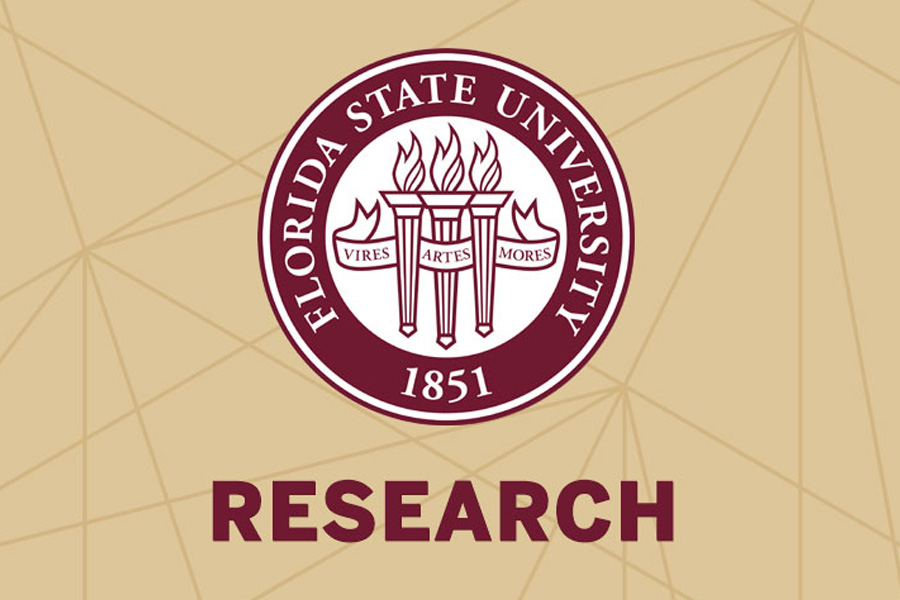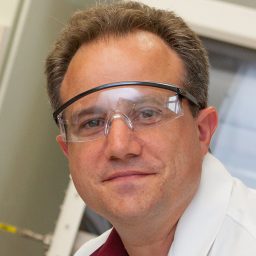
Florida State University’s Center for Actinide Science and Technology received a $1.1 million two-year extension from the U.S. Department of Energy to continue research that will help clean up nuclear waste.

The center focuses on developing technologies to recycle nuclear fuel and clean nuclear weapon production sites. It is led by Thomas Albrecht-Schmitt, the Gregory R. Choppin Professor of Chemistry at FSU.
It is among the 10 Energy Frontier Research Centers (EFRC) across the country that the Department of Energy is funding, and one of two centers that are receiving two-year extensions to complete their research based on favorable peer review evaluations.
“This extension demonstrates the value of the work Florida State has already done at this center and the confidence that we will continue to make breakthroughs,” said Vice President for Research Gary K. Ostrander.
Albrecht-Schmitt studies radioactive, mostly man-made elements known as actinides that appear at the bottom of the periodic table.
“The more we understand these elements, the better equipped we will be to develop strategies for nuclear recycling and designing solutions that can be used for long-term storage of radioactive materials,” Albrecht-Schmitt said.
Other centers will research subjects including solar energy, energy generation and storage and upcycling of plastics.
“The EFRC program has been one of our most innovative and successful basic science research efforts, driving progress in a wide range of important scientific fields,” said U.S. Secretary of Energy Dan Brouillette. “Through these research centers, the department is mobilizing America’s scientific workforce to lay the foundation for the nation’s future energy innovation, security and prosperity.”
The Center for Actinide Science and Technology is a collaboration among nine laboratories and universities across the United States and Canada, bringing together experts in actinide chemistry, materials science and physics.
“At a time when the science and technology challenges we face are increasingly multidisciplinary in nature, the EFRCs have proved an exemplary vehicle for forging strong multidisciplinary teams,” said Chris Fall, director of DOE’s Office of Science.




